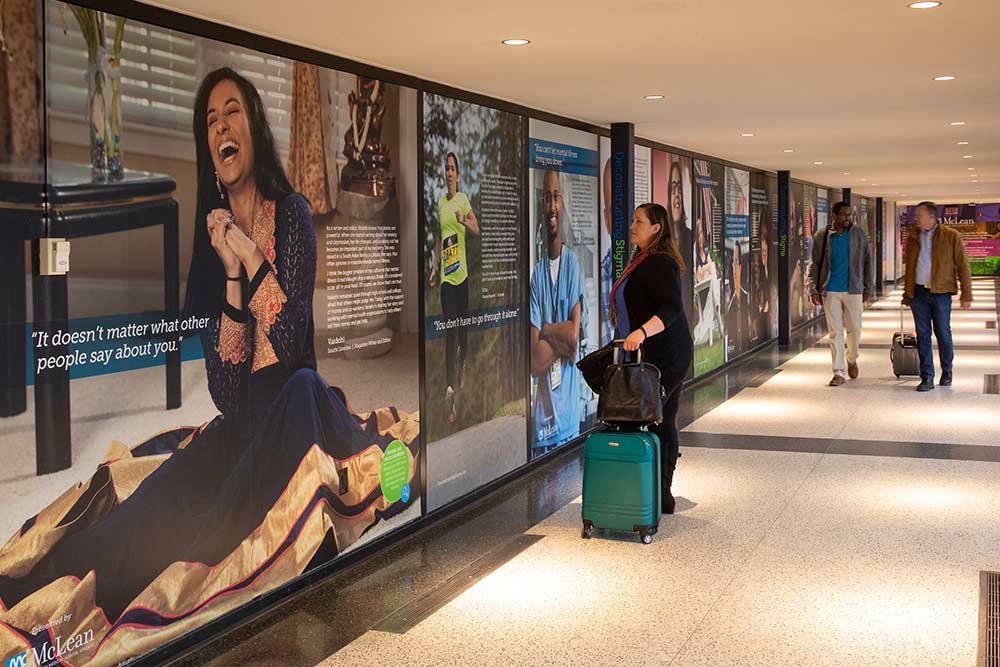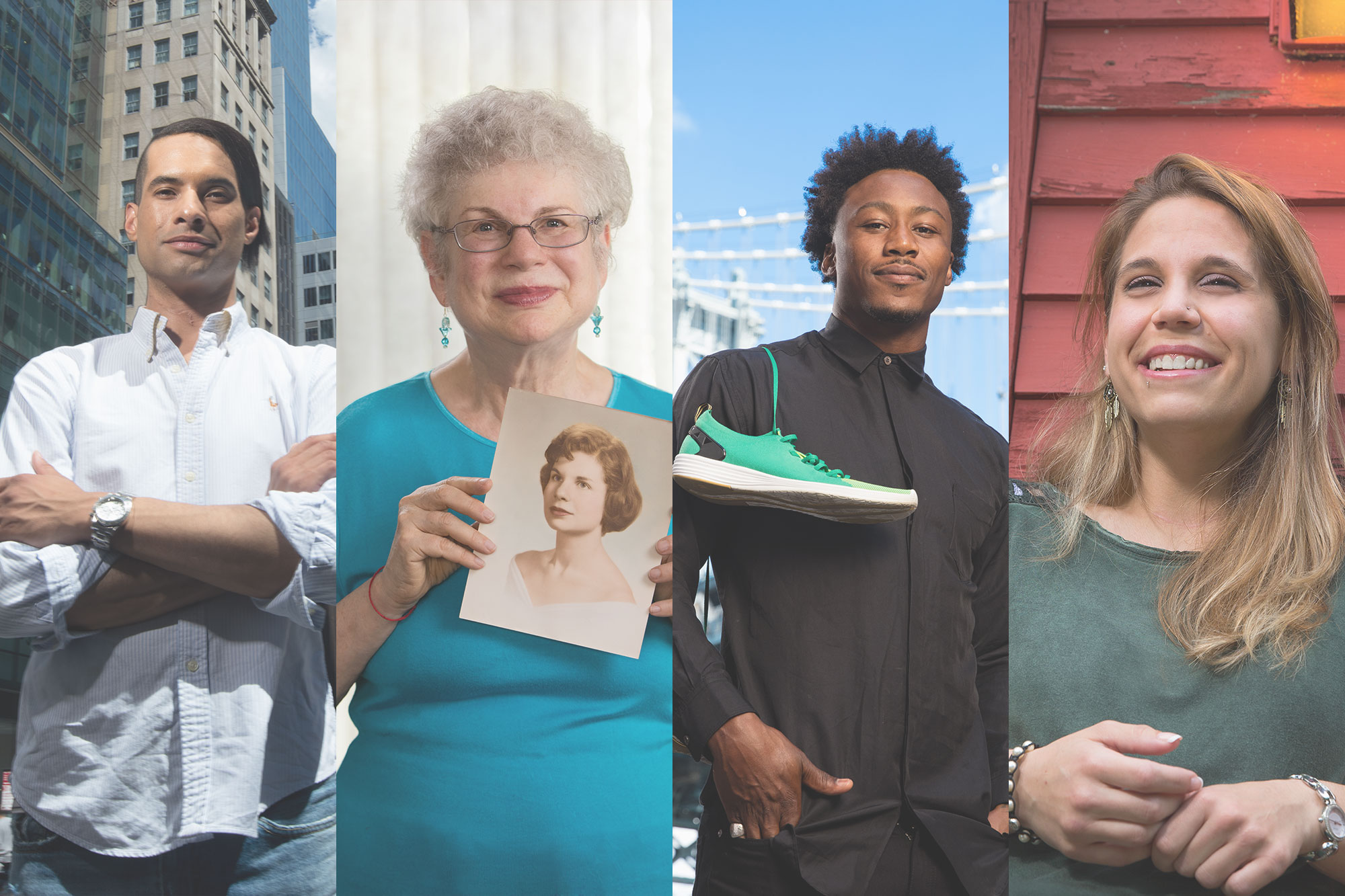Since seeking treatment, my life has blossomed
I struggled as a child, always anxious, fearful, and never feeling like I fit in—until the age of nine, when I was given my first beer, which for the first time in my life made me feel okay in my own skin.
Robb believes his mental illness began before he was born. His mother had untreated depression. When he was a young child, she tried to kill herself and spent time in a psychiatric hospital. This information was kept from Robb, so when he started struggling with the sense of being different or unwell, it drove him further into his anxiety and low moods. He hid these feelings very successfully as a child and then through alcohol as an adult.
It is obvious now that the alcohol was a coping mechanism for underlying issues, but mental health was not discussed in Great Britain. I was diagnosed with alcoholism in my twenties, but in the 1980s in the U.K., alcoholism and other addictions were considered behavioral problems, and little was understood about the underlying mental illnesses that drove the addictions.
I was basically told to grow a stiff upper lip, man up, and do right by my family. I did go to rehab a few times, but on those occasions, I would stay sober for brief periods of time and then relapse because the depression was never addressed.
After relocating to the U.S. about 15 years ago, Robb received a formal diagnosis of major mood disorder.
The mood disorder has been treated with mood-stabilizing medications and therapy to unravel the shame, remorse, and resentments from my childhood.
A few years later, Robb was diagnosed with PTSD.
The PTSD was a result of my alcoholism and the toll it took on my family and eventually ended with me on the streets for 14 months in Manchester, England. While on the streets, I was beaten up, robbed, attempted suicide, and sexually attacked. I will never be able to shut those memories off.
To this day, I am hypervigilant in public places, will never sit with my back to a door in a restaurant, and cannot tolerate loud noises. My brain cannot tell the difference between experiencing a war in Afghanistan or the war I fought in the home when I was in the deepest depths of my alcoholism.
Robb did not receive adequate mental health care in Great Britain. He believes that mental illness is more acceptable in the U.S. But even though he is a psychologist specializing in addictions, he was reluctant to get treatment in his new country.
I was basically dragged kicking and screaming by my wife into treatment because of my upbringing. I dislike being on the medications, and I was inconsistent using them and therapy up until 2016. I hit a brick wall and had a complete meltdown. I went with much trepidation and even anger to a place that specialized in PTSD, at the urging of my then-psychiatrist—the best decision I was ever forced into.
It took several doctors trying different dosages and combinations of prescription medication, but Robb’s depression is now under control. He still has a “low day now and again” but nothing like it was in the past.
I had stuffed so much of my early trauma so far down that I didn’t even remember it happening, but once those memories started being released, the absolute mental and emotional freedom I felt was beyond description.
Treatment has turned Robb’s life around.
Since seeking treatment, my life has blossomed. I am back in contact with my eldest daughter, who I was estranged from for 20 years because of the alcoholism. I held my granddaughter for the first time two years ago. I can experience a full, rewarding life now. I am no longer afraid of the memories of the bad times.
Through his work as a psychologist, Robb encourages others to seek treatment.
Because of what I do by trade, I see the wounds in my clients, and I see myself in them and the fear of opening up to those old memories. Anyone struggling now, please do not wait. Get help! I was well into my 50s, and if I have one regret, it is that I waited so long.
By sharing his story of recovery, Robb wants others to overcome shame and stigma and get the support they need.
I live my recovery out loud. Alcoholism and depression should not be a mark of shame. They should be treated just as any other medical condition is.
I have watched too many people suffer in silence and die because getting help is not a socially or professionally acceptable course of action. There is so much misunderstanding of mental illness in our society, but the good news is that research has uncovered better treatment options, and people are living more rewarding lives, so anything that pushes these issues to the forefront, I want to support.

